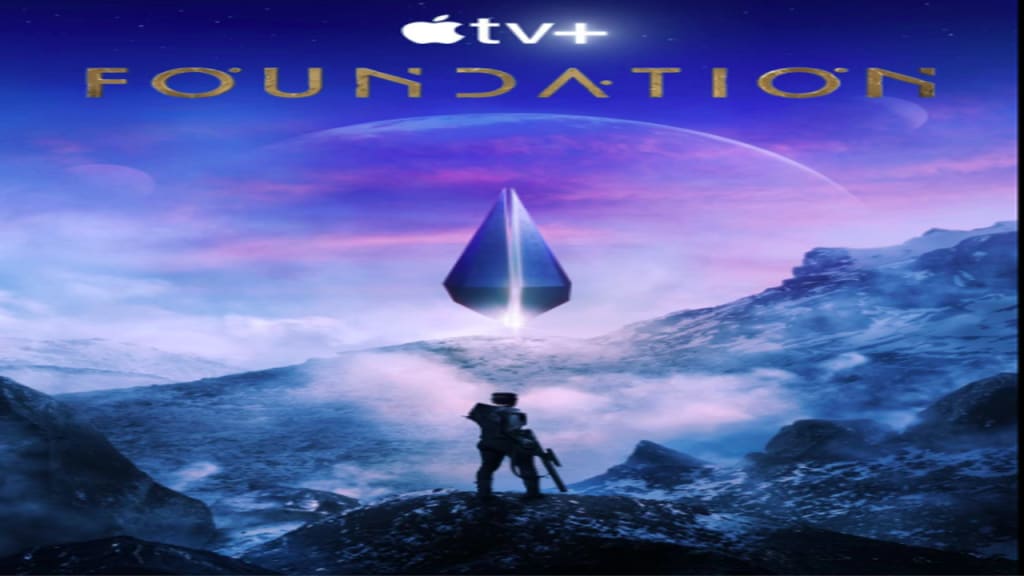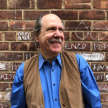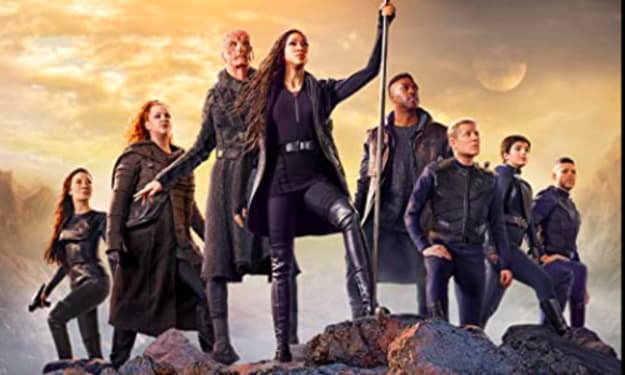Review of 'Foundation' 1.1-2
Mathematics, Man of the People, and Cleon's Clones

I've been saying on Twitter and Facebook and anyplace with an eye or an ear that I've been waiting most of my life to see Isaac Asimov's Foundation trilogy and then series on a screen. That's surely a prescription for disappointment. But I just watched the first two episodes of Foundation on Apple TV+ and I thought they were superb. Not perfect, but more than enough to be not disappointed but thrilled.
First, let me say that, in general when I review a movie or TV series based on a novel or story I previously read, I try not to get tied up in comparisons. The screen and the page are, after all, very different media, with different necessities of expression and portrayal. But Asimov's stories are so incandescent, it's not possible to ignore them when thinking about the television series.
And I think the first two episodes of the series do capture the best parts of the Asimov stories. The primacy of mathematics in predicting the broad currents of history, but not the actions of individuals, come through powerfully in the first two episodes. Especially in the stunning ending of the second episode.
[Spoilers follow ... ]
That would be Hari Seldon murdered by his adopted son Raych, on the ship to Terminus. I don't know if I liked that -- actually, I do know, I didn't -- and I'm not sure it was well enough motivated. But it certainly was traumatically shocking, and amply demonstrated the unpredictability of individual behavior.
Cleon's clones, though, on the other hand, were somewhat predictable, certainly the cruelty of Brother Day. But the relationship between the boy (Dawn), the old man (Dusk), and Day was interesting, even fascinating, and one of the best parts of the TV series not in the Asimov stories.
I also really loved the scene on the ship to Terminus with Hari talking to the workers in the laundry room. It was good and comforting to see the esoteric mathematician being such a true man of the people. Seldon was never fleshed out on Asimov's pages, and Jared Harris did a fine job of doing that in the first two episodes. As I was watching them, it occurred me to me that Foundation in these first two episodes was most like David Goyer's Da Vinci's Demons, which makes sense, since Seldon and Da Vinci were both geniuses who predicted the future. The trial of Hari was also effective, as it was in Asimov, evoking Galileo on trial for his life and ideas in the Vatican.
In addition to Harris, Lou Llobell does a fine job as Gaal Dornick, who has an excellent expanded role in the TV series as not only a mathematician but a human being. And Lee Pace is powerful and believable as the powerful Brother Day. Robots played no role in the original Asimov trilogy, and an increasing role in the sequels. I'm not sure what I think as yet of Laura Birn's Demerzel on the TV screen.
I'll tell you more when I review the third episode right after I see it next Friday early morning.
About the Creator
Paul Levinson
Novels The Silk Code & The Plot To Save Socrates; LPs Twice Upon A Rhyme & Welcome Up; nonfiction The Soft Edge & Digital McLuhan, translated into 15 languages. Best-known short story: The Chronology Protection Case; Prof, Fordham Univ.






Comments
There are no comments for this story
Be the first to respond and start the conversation.